Fudan-Latin American University Union (FLAUC) and Fudan University Faculty of Foreign Literature will jointly hold several rounds in September and October 2018, with a total of nine lectures on the theme of Latin America and China. Famous Chinese and foreign scholars in the field of China-Latin America Studies will be invited to attend the lecture. There will also be a delicate tea break. All the teachers and students from Fudan University are welcome to attend the lecture.
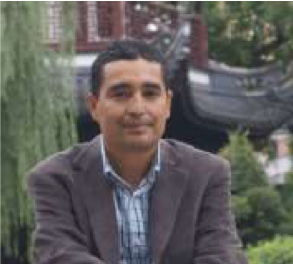 Chinese globalization and China Latin America cooperation
Chinese globalization and China Latin America cooperation
Speaker: Daniel Lemus
Professor at Asia Pacific Center, School of Social Science and Government, Tecnologico de Monterrey, Mexico. He imparts the courses “Theory of International Relations,” “Researching International Relations” and “Foreign Policy of the East Asia Region.” The current research project of professor Lemus is about how the Belt and Road Initiative can be a fruitful experience to connect China with Latin America under the principles of a win-win relationship.
Chair: Dr. Rafael Martín Rodríguez
Associate Professor, College of Foreign Language and Literature, Fudan University
Time:10: 00,October 12th, 2018.
Venue:203 Room, Think Tank Building, Fudan University
Host:Fudan Development Institute, Fudan College of Foreign Languages and Literature.
Abstract:
The Belt and Road Initiative (BRI) is one of the most important projects of cooperation and development in the XXI century. The dynamics, essence, and objectives of this project can transform the guidelines of collaboration to achieve a new multilateral and prosperous international order. However, the BRI is an element of a huge transformation: the Chinese globalization.This seminar explores the characteristics of globalization with Chinese characteristics from a constructivist theoretical approach and the opportunities for cooperation between China and Latin America Countries.
Whose Magic? Whose Reality? ——From Yellow Butterfly to Godzilla
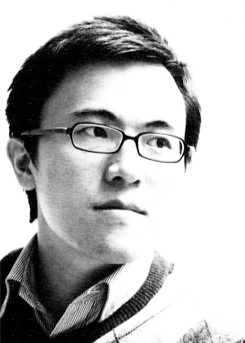
Speaker: Fan Ye
Doctor of Literature, who teaches at the Department of Spanish and Portuguese Language, Peking University. He has translated several kinds of Spanish literary works, such as All Fires the Fire , One Hundred Years of Solitude, To The Future Poet and Unknown University. He also has published the collection of essays The slowness of poet.
Time:2018年10月15日13:30/ 13: 30,October 15th, 2018.
Venue:106/106 Room, Think Tank Building, Fudan University
Host:Fudan Development Institute, Fudan College of Foreign Languages and Literature.
Abstract:
Talking about Latin American literature, we seem to get lost in the label of magical realism. Therefore, the question arises: what do we mean when we talk about magical realism? The lecture will try to outline the origins and changes of these two words in the Spanish language context, combining the interpretation of literature work such as One Hundred Years of Solitude and personal experience in the source place of the work, in the hope of meeting with more diversified Latin American literature.
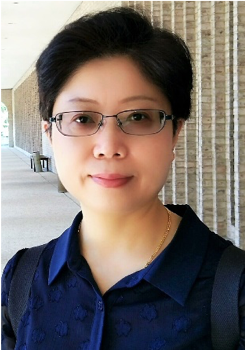
Latin American Studies in China ——Expansion and Development
Speaker: Yu Man
Director and doctoral supervisor of School of European and Latin American Studies, Shanghai International Studies University. She serves as Secretary General of the Spanish Subcommittee of the Advisory Committee of Foreign language Teaching in Universities under the Ministry of Education. Her main researches consist of Spanish and Latin American literature, contrastive linguistics in Chinese and Spanish and teaching methods.
Time:13: 30,October 18th, 2018.
Venue:106 Room, Think Tank Building, Fudan University
Host:Fudan Development Institute, Fudan College of Foreign Languages and Literature.
Abstract:
Latin America will become an important strategic partner of China in the future. The Sino-Latin American cooperation is the key point of realizing a long-term and steady growth. Creating a new situation of Latin American studies is necessary for the era of development. From the current situation, studying Latin American is still a weak area in studies on region and nationality, which faces many problems to be solved urgently.
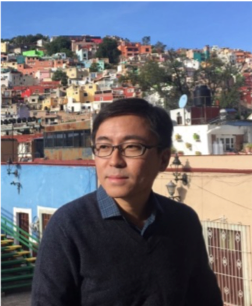
Latin American Literature, Third World and Intellectual Issues in 1968
Speaker: Wei Ran
Doctor of Literature, who works in the Institute of Foreign Literature of Chinese Academy of Social Sciences. He has been a visiting lecturer at the University of Los Andes in Venezuela (2007) and the University of Gutenberg in Germany (2008). In 2010-2011, he visited the Department of Roman Language and Literature at Duke University in the United States for one year, and in 2016, he went to Buenos Aires Latin American Social Science Council for a research visit.
Time: 13: 30,October 26th, 2018.
Venue:106 Room, Think Tank Building, Fudan University
Host:Fudan Development Institute, Fudan College of Foreign Languages and Literature.
Abstract:
According to Jameson's definition, the long global 1960s (1959-1973) began with two Latin American events, namely, the Cuban Revolution and the Chilean coup. But for a long time, Europe and the United States in the 1960s have attracted much attention, but stories in La Havana, Mexico City, Santiago and Buenos Aires are often unheard of. In fact, in the 1960s in Latin America, Argentina's literary trend toward a new civilian audience, Cuba's call for a third-world coalition of film practice and Latin American writers' global travel experience were crucial to shaping the overall concept of Latin America. The death of Che Guevara in 1967 brought the tide of change to a climax. This report attempts to outline the above process from the perspective of social and ideological history and to question the way how contemporary China views Latin America.
Fudan-Latin America University Consortium (FLAUC)
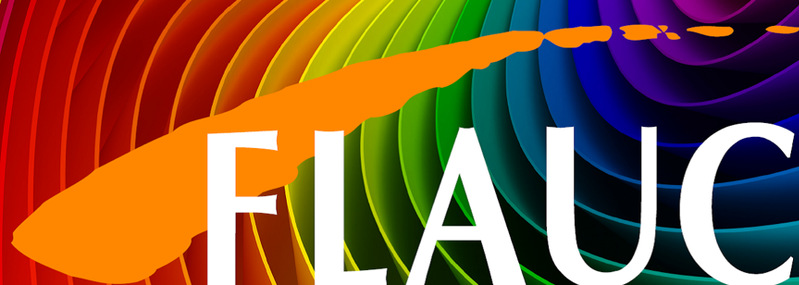
The Consortium is initiated to serve as a platform for exchange, communication and cooperation between Fudan University and prestigious universities in Latin America. The Consortium will contribute to the construction of long-term cooperation including but not limited to academic conferences, faculty exchanges, research cooperation, and annual leadership meetings. The platform is expected to strengthen mutual understanding, inspire thoughts, spread ideas, and build up reputation.
